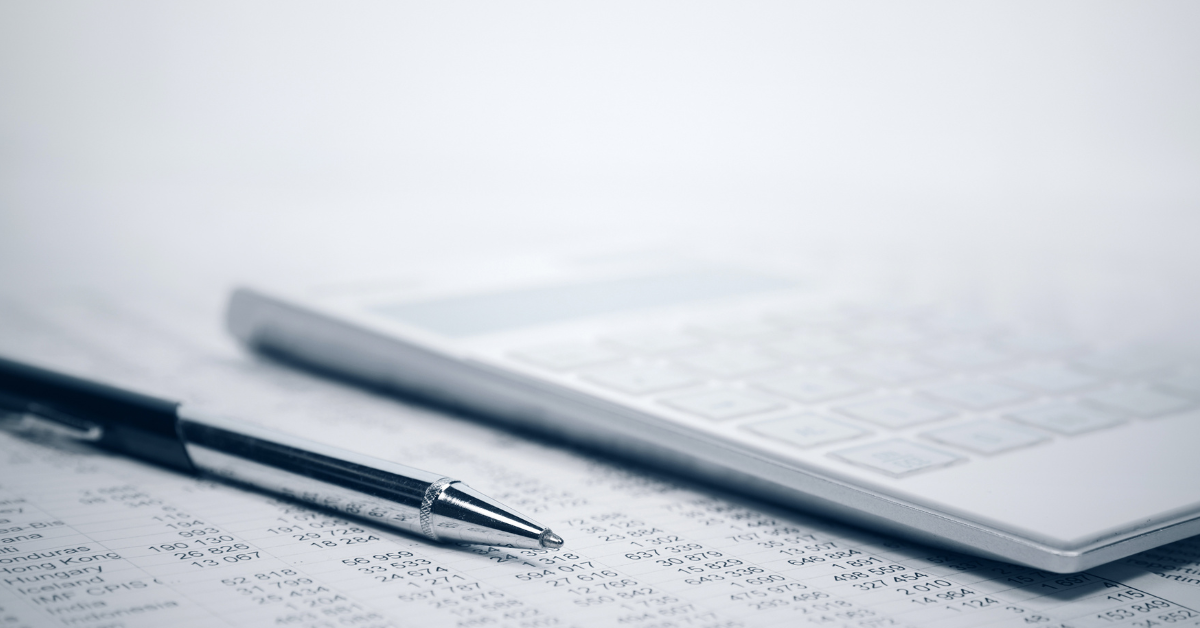Minimise Your Business Tax – Tax Planning Guide
Imagine what you could do with any business tax saved!
- Reduce your home loan
- Top up your super
- Have a holiday
- Deposit for an investment property
- Upgrade your car
Here’s a guide to the strategies you can use to minimise your business tax.
IS YOUR BUSINESS A “SMALL BUSINESS” ENTITY?
Small businesses can access a range of business tax concessions from the ATO. To qualify as a “Small Business Entity”, the business must have an aggregated turnover (your annual turnover plus the annual turnover of any business connected / affiliated with you) of less than $10 million and be operating a business for all or part of the 2019 year.
REDUCTION IN COMPANY TAX RATES FOR SMALL BUSINESSES
The company tax rate for businesses with less than $10 million turnover is 27.5%.
If you use a trust structure, one strategy is to allocate profits to a “Bucket Company” and cap your tax at 27.5% for the 2019 year. Note that this company must have business operations to qualify for the reduced company tax rate.
INSTANT DEDUCTION FOR ASSET PURCHASES
If your business has a turnover under $10 million, business assets purchased up to the following threshold amounts (exc. GST) will be immediately deductible:
- $20,000, from 1 July 2018 to 28 January 2019
- $25,000, from 29 January 2019 to 7:30pm 2 April 2019
- $30,000, from 7:30pm 2 April 2019 to 30 June 2019
Depreciating assets valued at more than the above threshold amounts will be depreciated in one pool at a rate of 15% in the first year, and 30% in future years.
If your pool balance at the end of the year is less than $30,000 before applying any other depreciation deduction, the entire pool balance can be written off.
If your business has turnover from $10 million to $50 million, business assets purchased up to the following threshold amounts (exc. GST) will be immediately deductible:
- $30,000, from 7:30pm 2 April 2019 to 30 June 2019
You should buy these assets and use them or have them ready for use before 30 June 2019.
MAXIMISE DEDUCTIBLE SUPER CONTRIBUTIONS
The concessional superannuation cap for 2019 is $25,000 for all individuals. Do not go over this limit or you will pay more tax!
Note that employer super guarantee contributions are included in these caps. Where a concessional contribution is made that exceeds these limits, the excess is included in your assessable income and taxed at your marginal rate, plus an excess concessional contributions charge.
For the contribution to be counted towards the employee’s 2019 contribution cap, it must be received by the fund by 30 June 2019.
TOOLS OF TRADE / FBT EXEMPT ITEMS
The purchase of “Tools of Trade” and other FBT exempt items for business owners and employees can be an effective way to buy equipment with a business tax benefit.
Items that can be packaged include handheld/portable tools of trade, computer software, notebook computers, personal electronic organisers, digital cameras, briefcases, protective clothing, and mobile phones.
If structured correctly, the employer will be entitled to a tax deduction for the reimbursement payment to the employee (for the equipment cost), claim any GST input credit, and the employee’s salary package will only be reduced by the GST-exclusive cost of the items purchased.
You should buy these items before 30 June 2019.
PAY EMPLOYEE SUPERANNUATION NOW
To claim a tax deduction in the 2019 financial year, you need to ensure that your employee superannuation payments are received by the super fund or the Small Business Superannuation Clearing House (SBSCH) by 30 June 2019.
You should avoid making last minute superannuation payments as processing delays may cause them to be received after year-end. If for any reasons you end up having to make last minute payments and you would like to claim them as deductions for the current year, contact us immediately and before you make any payments for possible resolutions.
DEFER INCOME
If possible, defer issuing further invoices and receiving cash/debtor payments until after 30 June 2019. This strategy pushes business tax payable to future years.
BRING FORWARD EXPENSES
Purchase consumable items BEFORE 30 June 2019. These include marketing materials, consumables, stationery, printing, office and computer supplies. Spend the money now and get the deduction this year.
REPAIRS & MAINTENANCE
Make payments for repairs and maintenance (business, rental property, employment) BEFORE 30 June 2019.
DEFER INVESTMENT INCOME & CAPITAL GAINS
If possible, arrange for the receipt of investment income (e.g. interest on term deposits) and the contract date for the sale of capital gains assets, to occur AFTER 30 June 2019.
The contract date is generally the key date for working out when a sale occurred, not the settlement date!
MOTOR VEHICLE LOG BOOK
Ensure that you have kept an accurate and complete Motor Vehicle Log Book for at least a 12-week period. The start date for the 12-week period must be on or before 30 June 2019. You should make a record of your odometer reading as at 30 June 2019 and keep all receipts/invoices for motor vehicle expenses.
An alternative (with no log book needed) is to simply claim up to 5,000 business kilometres (based on a reasonable estimate) using the cents per km method.
INVESTMENT PROPERTY DEPRECIATION
If you own a rental property and haven’t already done so, arrange for the preparation of a “Property Depreciation Report” to allow you to claim the maximum amount of depreciation and building write-off deductions on your rental property.
PRIVATE COMPANY (“DIV 7A”) LOANS
Business owners who have borrowed funds from their company in previous years must ensure that the appropriate principal and interest repayments are made by 30 June 2019. Current year loans must be either paid back in full or have a loan agreement entered in before the due date of lodgement for the company return, or risk having it counted as an unfranked dividend in the return of the individual.
YEAR-END STOCKTAKE /WORK IN PROGRESS
If applicable, you need to prepare a detailed stock take and/or work in progress listing as at 30 June 2019. Review your listing and write-off any obsolete or worthless stock items.
Talk to us about your different options for valuing Stock, and how they affect your business tax payable.
WRITE-OFF BAD DEBTS
Review your trade debtors listing and write-off all bad debts BEFORE 30 June 2019. Prepare a management meeting document listing each bad debt, as evidence that these amounts were written off prior to year-end and enter these into your accounting system before 30 June 2019.
SMALL BUSINESS CONCESSIONS – PREPAYMENTS
“Small Business Concession” taxpayers can make prepayments (up to 12 months) on expenses (e.g. loan interest, rent, subscriptions) BEFORE 30 June 2019 and obtain a full business tax deduction in the 2019 financial year.
TRUSTEE RESOLUTIONS
Ensure that the “Trustee Resolutions” are prepared and signed BEFORE 30 June 2019 for all Discretionary (“Family”) Trusts. Please see us for more information about these resolutions.
Talk to us TODAY before the 30 June 2019 deadline for assistance to reduce your tax!
This article is provided as general information only and does not consider your specific situation, objectives or needs. It does not represent accounting advice upon which any person may act. Implementation and suitability requires a detailed analysis of your specific circumstances. Last Updated 7 May 2019







